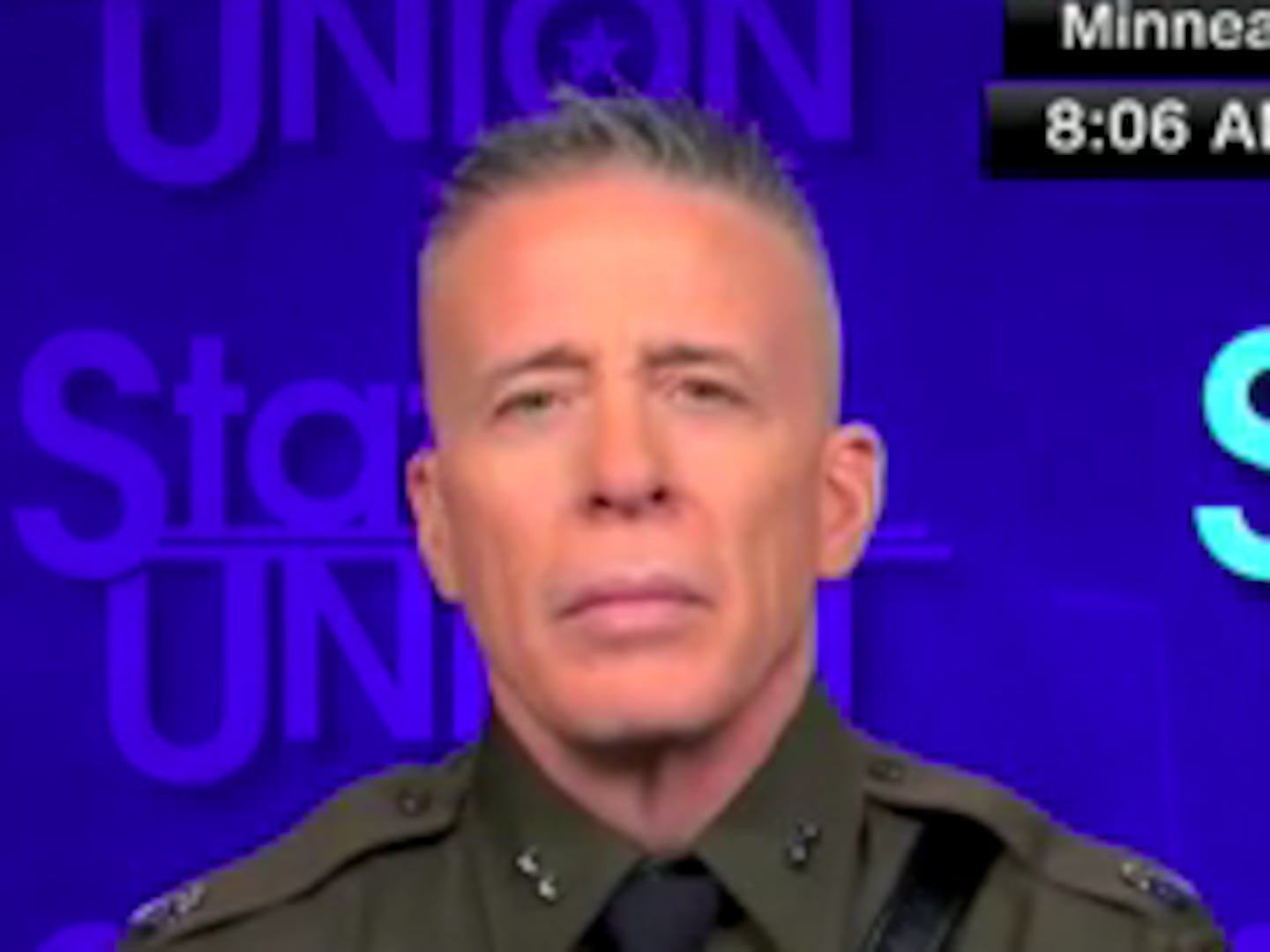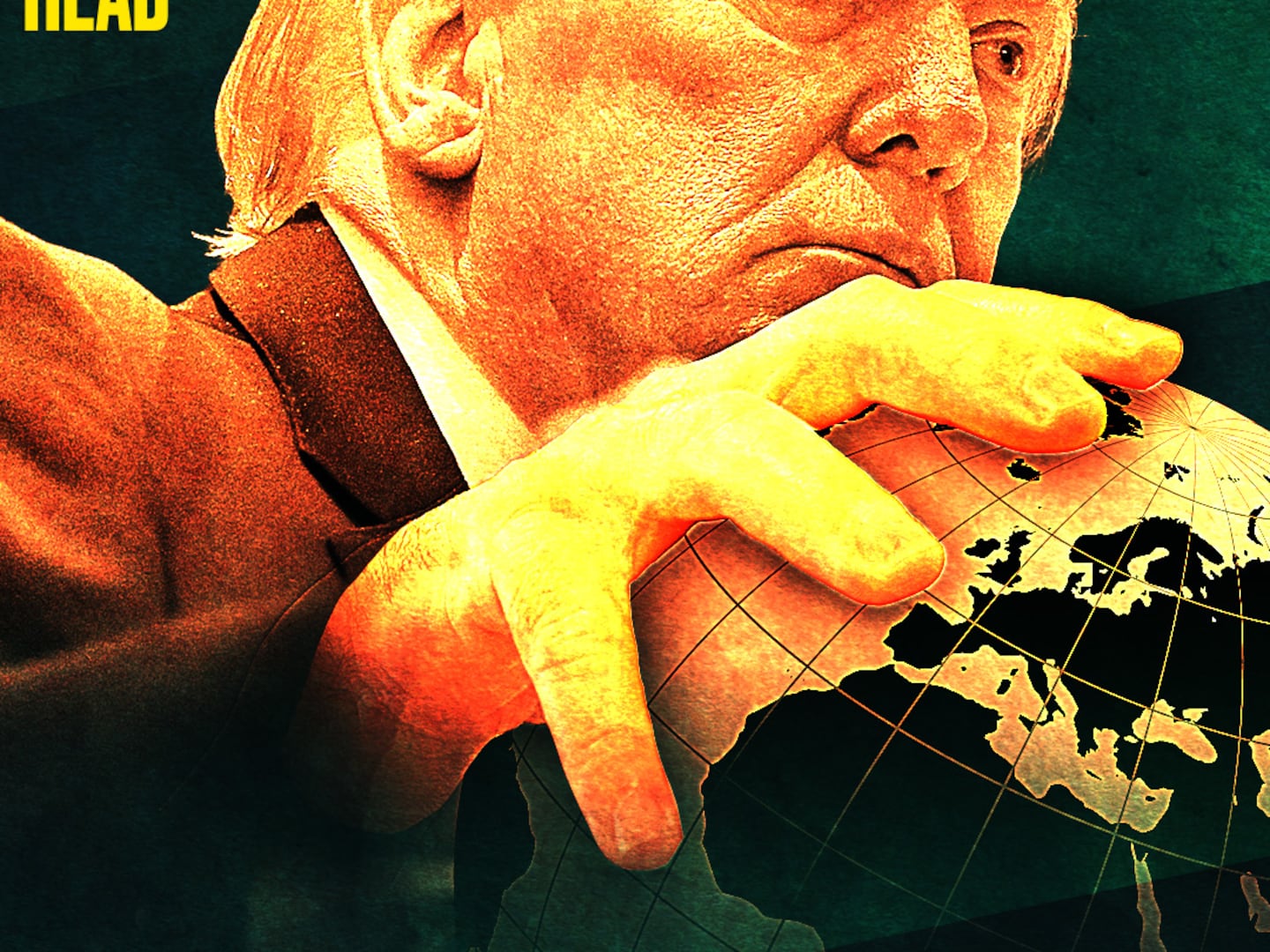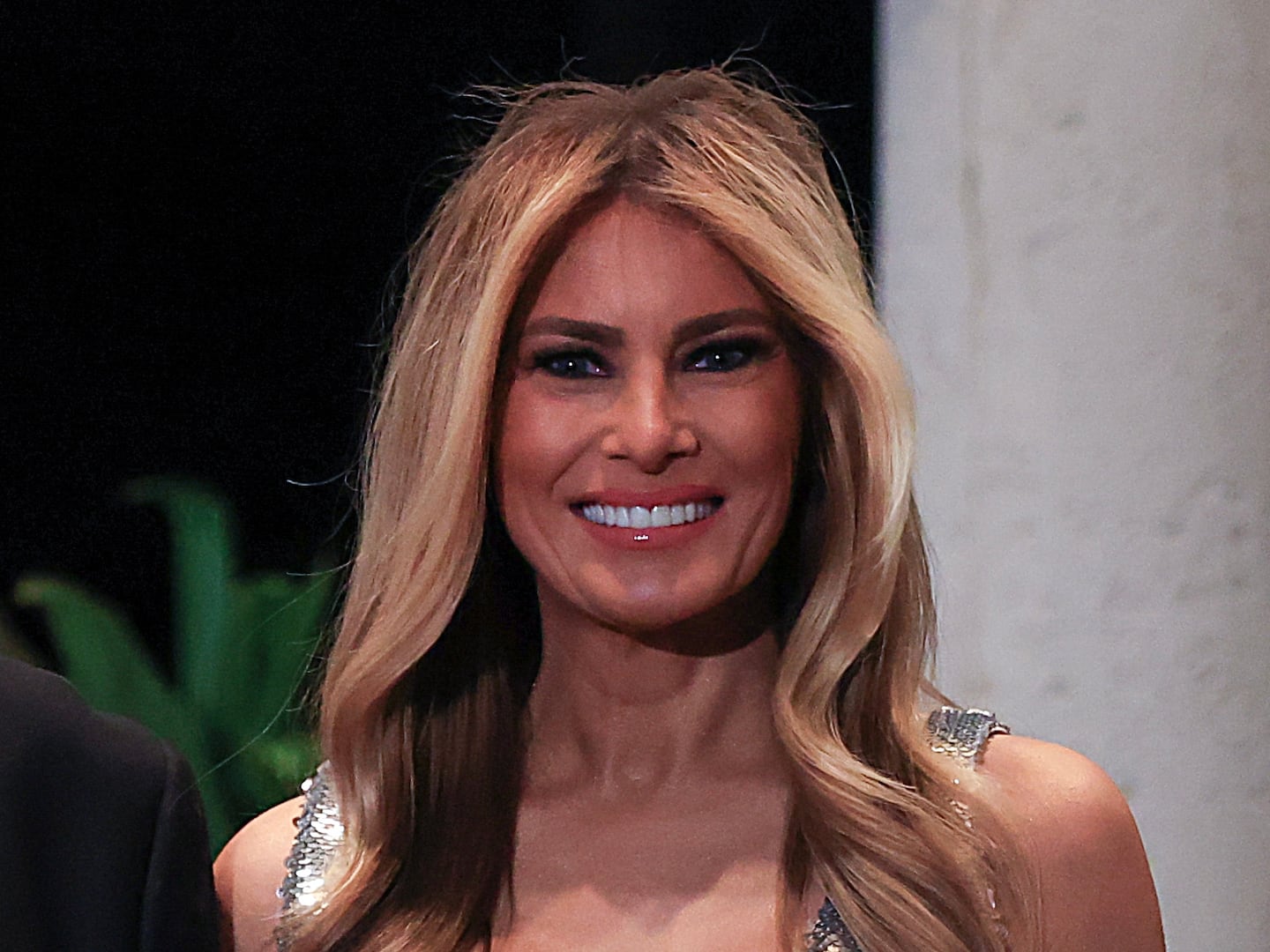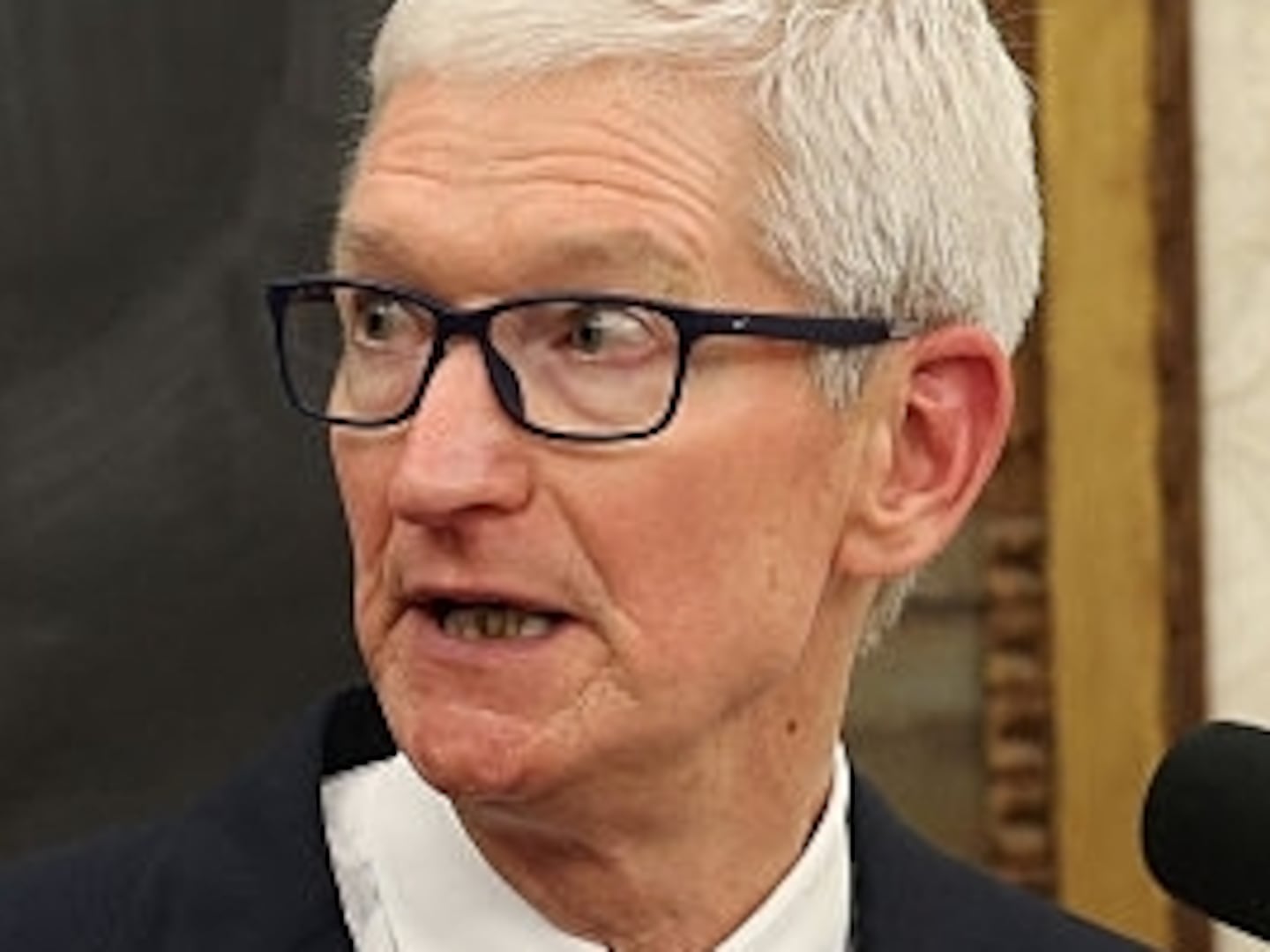Less than three weeks before a tough election, Sen. Martha McSally (R-AZ) has used her office’s taxpayer-funded resources to send out a robocall touting a key campaign issue—her work on COVID-19 policy—to Arizonans.
Normally, mass official communication with constituents so close to an election would be prohibited. But a waiver approved by the Senate Rules Committee in March has made it permissible—if, and only if, the communication is for the purposes of “providing updated information about the pandemic, and providing information about the federal government's response.”
On Tuesday night, a robocall recorded by McSally went out to Arizona residents. “I'm calling today to give you an update on my work to combat COVID-19. I'm fighting hard to deliver additional resources to Arizonans still struggling due to the pandemic,” the senator begins, according to audio of the call obtained by American Bridge, a Democratic PAC. She went on to explain her recent vote in favor of a GOP-backed “targeted relief package” to fund small business loans, unemployment benefits, coronavirus testing, and other measures.
“Unfortunately, Washington dysfunction stood in the way of this passage but I will keep fighting to break the gridlock and get more relief out to Arizona,” said McSally, who closed by encouraging listeners to call her Senate offices in Phoenix and Tucson with any questions.
That language may not technically violate the letter of the Senate’s COVID waiver. McSally is, in a way, providing information about the federal government’s response—given that the senator is, indeed, a part of the federal government.
But McSally’s call relies on a generous reading of that language, experts say. In the brief, one-page letter to colleagues that Sens. Roy Blunt (R-MO) and Amy Klobuchar (D-MN) sent on March 19 explaining the change, the adjective “limited” is used four separate times to describe the waiver.
When the waiver was approved, said Meredith McGehee, executive director of the nonpartisan good-government group Issue One, the idea was to ensure constituents had relevant information for the pandemic.
“What you see in the McSally communication is, a kind of a touting of her constituent services, and that’s where the line is pretty blurred,” McGehee told The Daily Beast. “It skates along the edges of whether or not, in the middle of a very hot re-election campaign, she is truly abiding by the purpose of the waiver. It is certainly a legitimate question to ask.”
In response to questions from The Daily Beast, McSally’s office said they received “clear guidance from the Senate Rules Committee that this form of communication via robocall is permissible.”
“This is a first in a century pandemic and hundreds of constituents reach out to our office each week looking for help,” said a McSally spokesperson. “Senator McSally has and will continue to keep her constituents apprised of COVID updates, and make them aware that if they need help on COVID related issues, that her office is here to assist. It is for communication such as this that Senate Rules provided an exemption.”
Indeed, McSally’s robocall encouraged listeners to call her offices if they needed help tracking down a stimulus check, for instance. But the senator’s language on the call mirrors what she has said on the campaign trail about her COVID-19 relief work.
That issue was a central point of conflict during McSally’s Oct. 7 debate with her Democratic challenger, Mark Kelly. The Republican brought up the “targeted” GOP stimulus bill in her first answer of the night, in response to a question about the Trump administration’s COVID-19 response.
“You know what I've been doing is fighting for Arizonans,” said McSally. “To get relief out there to small businesses, to workers, to hospitals, to fast track the vaccines and treatments and cures, and I even voted for additional targeted relief a few weeks ago to help small businesses and schools and others.”
“Unfortunately,” she added, “my opponent said he wouldn't vote for that.”
The Arizona Senate race is a top target for both parties, and Democrats view McSally as one of the most vulnerable GOP incumbents. Kelly has consistently led McSally in polls and in fundraising: on Thursday, Kelly announced that he’d raised a staggering $38 million in the third quarter of 2020. McSally has yet to announce her total. Also on Wednesday, a new poll from Monmouth University showed Kelly ahead, 52 percent to 42 percent.
Members of Congress enjoy the ability to use official perks and taxpayer resources to communicate with constituents and prop up their brands using mailers, email blasts, robocalls, and more. Guidelines from the Senate Rules Committee say that within 60 days of an election, members cannot, among other things, “transmit an unsolicited mass communication.”
These types of rules were created to block members of Congress from leveraging taxpayer resources to fund messages that could presumably help them in their campaigns, during a stage in the election cycle where such messages could have a high impact and might blend in with explicitly campaign-oriented communication voters might be receiving.
It’s unclear if any other Senate incumbent has taken advantage of the COVID-19 waiver in the way that McSally has.
Lawmakers have come under scrutiny in the past for adhering to the letter of restrictions surrounding the use of official communications but seemingly skirting the spirit of them. In August, the Charlotte Observer reported on Rep. Richard Hudson (R-NC)’s aggressive use of taxpayer-funded mailers, known as “franked mail.” Hudson, who faces a competitive reelection this fall, sent 10 separate mailers to constituents in July—the final month that members were allowed to send franked mail before the election moratorium began.
To experts like McGehee, McSally’s robocall, even if strictly permissible under the rules, may necessarily be categorized by overwhelmed voters as yet another campaign message in a state that’s currently inundated with them.
“The rules are in place about franking and mass communications because so much of politics is simply familiarity,” said McGehee. “It all becomes background buzz… this message here, it’s all just part of a whole that most Americans have a very very difficult time distinguishing from.”







